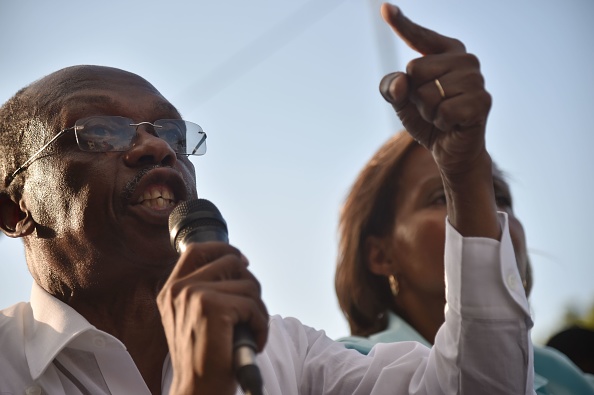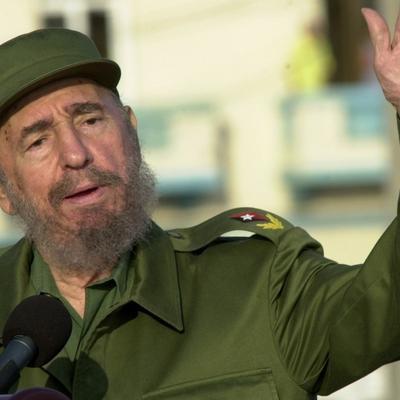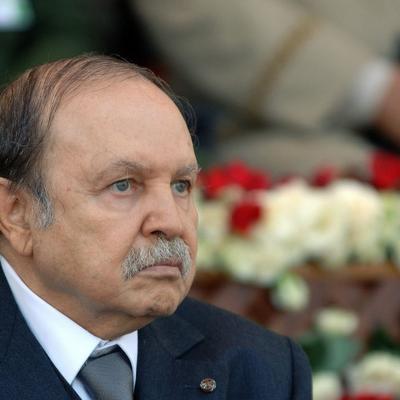What is Jean-Bertrand Aristide's Net Worth?
Jean-Bertrand Aristide is a former Salesian priest and politician with a net worth of $100 million. He served as the first democratically elected president of Haiti. His presidency began in 1991 but was cut short due to a military coup. Aristide completed his term from 1994 to 1996 and served again from 2001 to 2004. He was deposed in a 2004 coup and exiled to South Africa, returning to Haiti in 2011.
Early Life and Education
Jean-Bertrand Aristide was born on July 15, 1953, in Port-Salut, Sud, Haiti. Raised in poverty, he lost his father at three months old and moved to Port-au-Prince with his mother. At age five, he started schooling with Salesian priests. He graduated with honors from the Collège Notre-Dame in Cap-Haïtien in 1974. Aristide then studied novitiate in the Dominican Republic before returning to Haiti to study philosophy at the Grand Séminaire Notre Dame and psychology at the State University of Haiti.
Priesthood
In 1979, Aristide went to Europe for theological studies and returned in 1982 to be ordained as a Salesian priest. Appointed curate of a small parish in Port-au-Prince, he championed liberation theology and criticized Haiti's dictatorship under the Duvalier family. His outspoken nature made him a target, resulting in three years of exile in Montreal, Canada. Aristide resumed preaching in Haiti in 1985, and was appointed to St. Jean Bosco church. He organized weekly youth masses and founded an orphanage in 1986. Surviving multiple assassination attempts, Aristide faced significant danger for advocating democracy.
After the 1988 St. Jean Bosco massacre, in which paramilitary soldiers attacked his congregation, Aristide was forced to leave Haiti by Salesian officials. Nonetheless, massive public protests obstructed his departure. Aristide was expelled from the Salesian order for inciting "hatred and violence" and officially left priesthood in 1994.
First Presidential Term
Aristide was elected president of Haiti in 1990 in the country’s first honest democratic election. However, he was overthrown after eight months by a military coup, leading to a terror campaign by death squad leader Emmanuel Constant against Aristide's supporters. Forced into exile, Aristide went to Venezuela and then the United States. President Clinton promised to restore him to power, and with strong international pressure and large pro-Aristide demonstrations, US troops were deployed in Haiti. Aristide resumed his presidency in October 1994, founding the Fanmi Lavalas political party, later known as the Struggling People's Organization.

HECTOR RETAMAL/AFP/Getty Images
Second Presidential Term
In 2000, Aristide was re-elected as president. His second term was marred by allegations of using street gangs for political coercion and violence. In 2003, the murder of gang leader Amiot Métayer led to escalated violence against Aristide. In 2004, rebel forces deposed him, and Aristide and his family were flown to Jamaica, then to South Africa.
Political Accomplishments
Aristide's presidency saw multiple societal reforms. He enhanced access to healthcare and education, protected civil liberties, promoted justice, and supported small businesses. Working with René Préval, Aristide built primary and secondary schools and provided scholarships. He also implemented successful AIDS prevention programs and conducted trials of paramilitary death squads, imprisoning many members and financiers.
Criticisms
Despite his democratic stance, Aristide faced accusations of human rights abuses. Human Rights Watch criticized Haitian police under his administration for attacking opposition activists. He was also accused of corruption due to alleged government deals with various corporations.
Post-Exile
After seven years in exile, Aristide returned to Haiti in 2011. Initially, he stayed out of politics. In 2014, he faced house arrest during a corruption investigation. By 2016, he resumed political activities, promoting candidates from Fanmi Lavalas.
Personal Life
In 1996, Aristide married lawyer Mildred Trouillot. The couple has two daughters.








